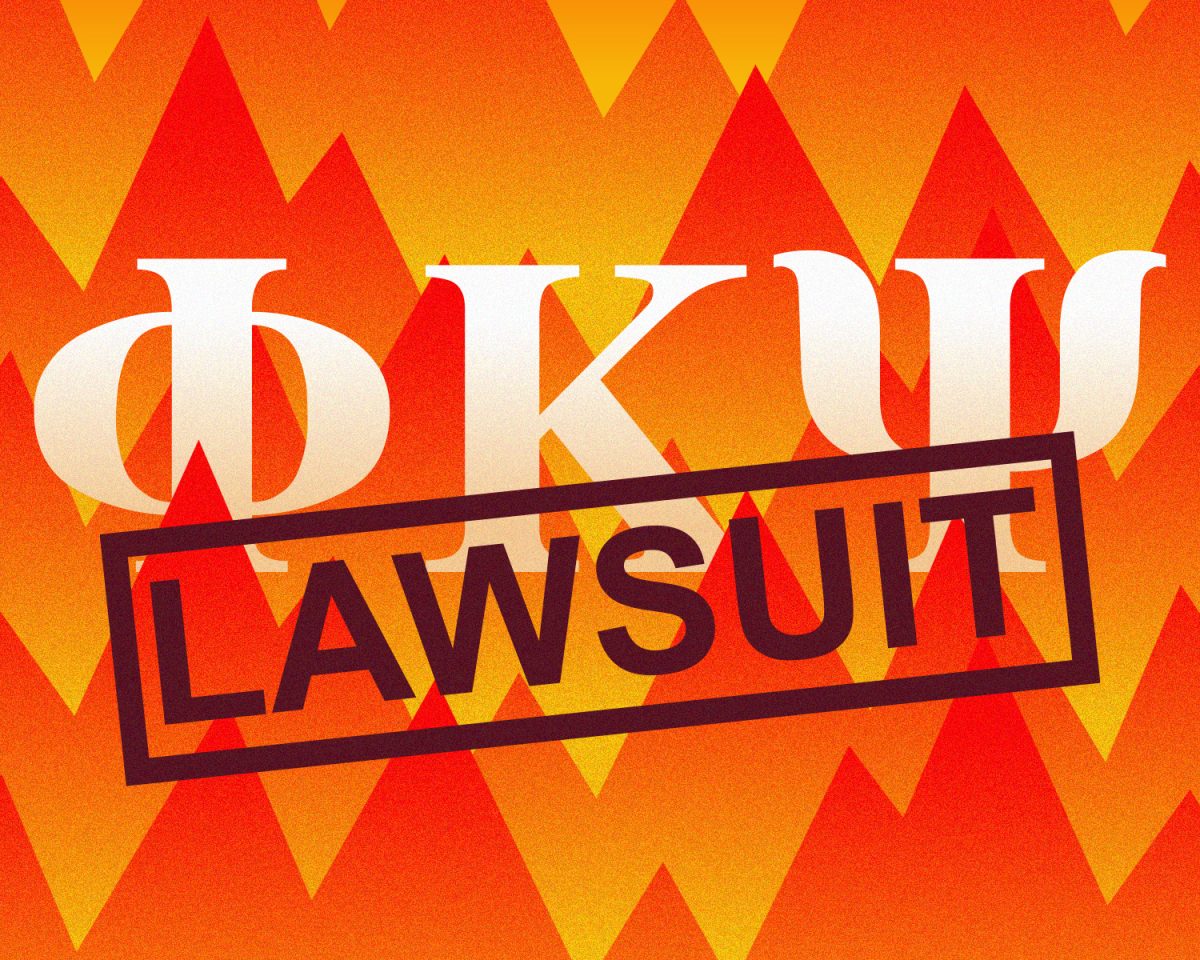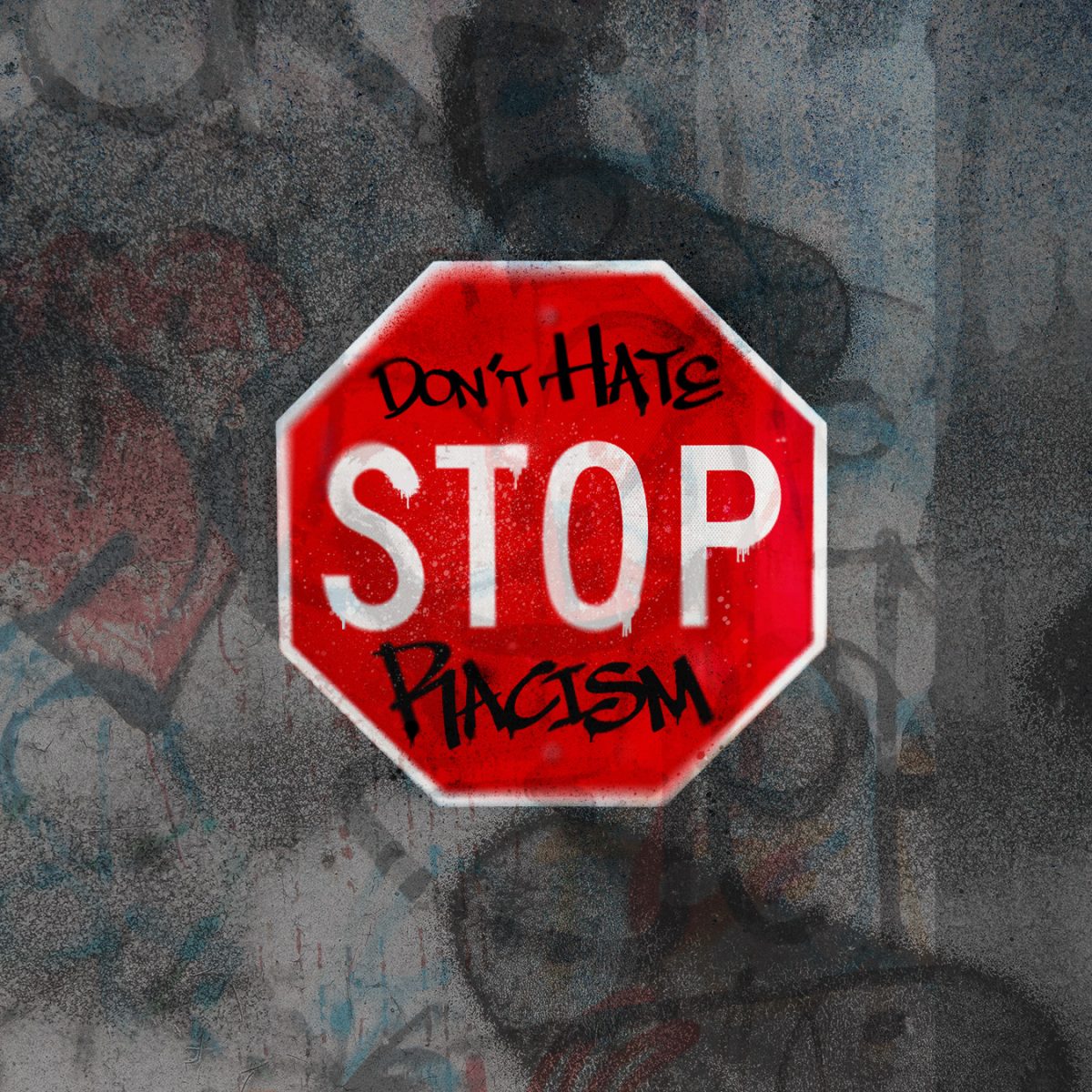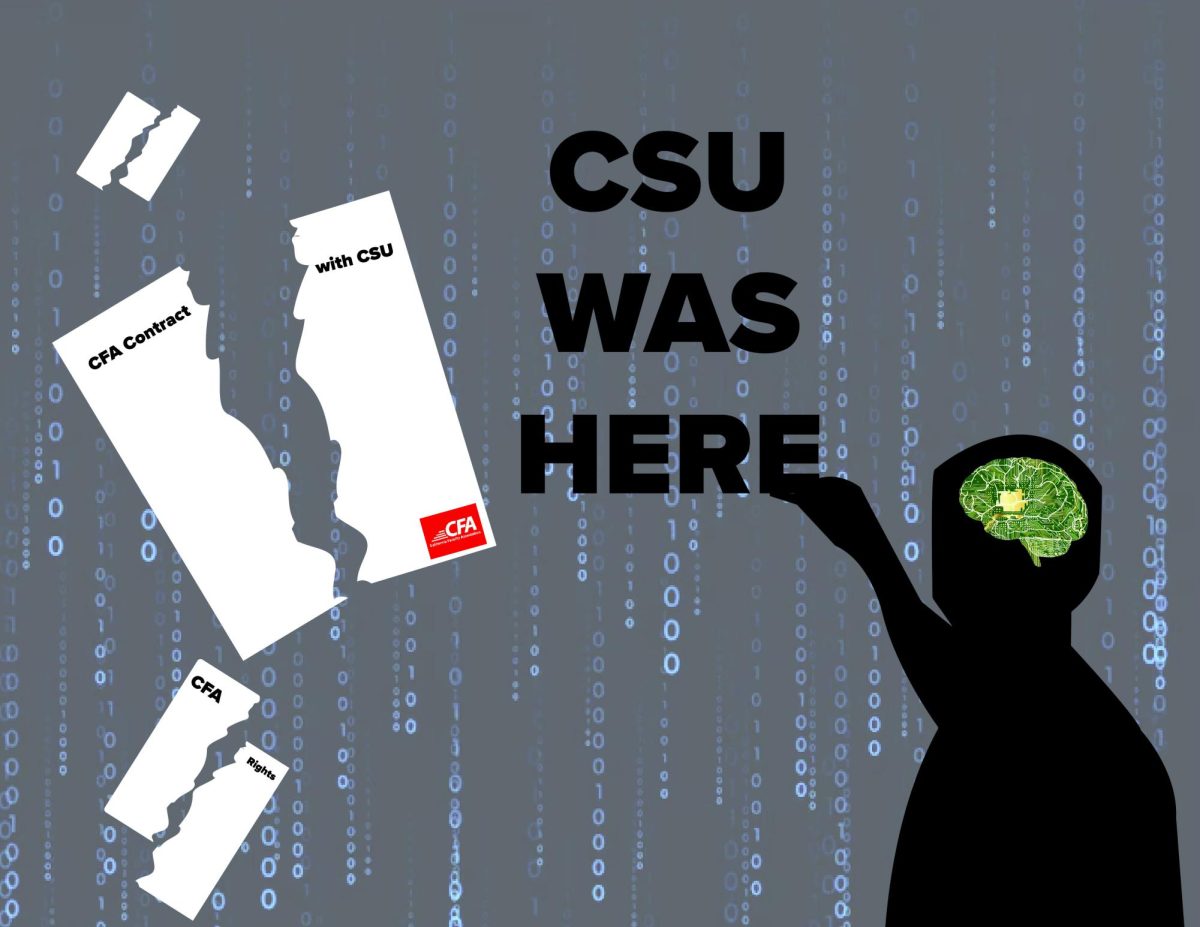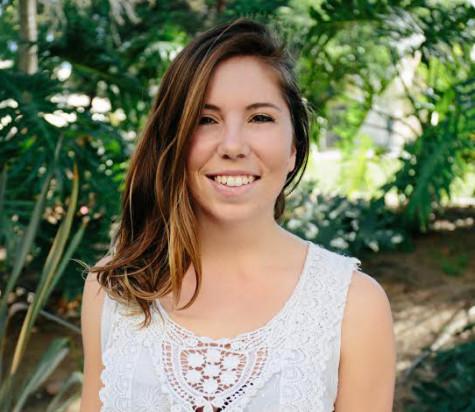San Diego State is one of 11 universities potentially involved in a mass action lawsuit against Google Apps for Education (GAE).
The lawsuit alleges that Google illegally scanned the content sent through GAE-powered .edu email accounts and used it for advertising purposes.
Students, staff and faculty who used a .edu email address provided by GAE between November 2010 and April 2014 are potentially eligible to join the mass action lawsuit.
This may also make them eligible for up to $10,000 in statutory damages.
UC Berkeley is the first school involved in the suit to file claims. Attorney Ray E. Gallo, whose law firm is bringing the allegations against GAE, hopes that the other 10 schools, including SDSU, will soon follow suit as the statute of limitations may expire soon.
According to the Electronic Communications Privacy Act, there is a two-year window to bring cases like this.
“It’s really important for people to know that they have a limited amount of time,” Gallo said. “In the next few months, things may come to an end.”
Google announced on April 30, 2014 that it would stop scanning GAE-powered account emails for advertising purposes. However, many users were unaware that the content of their emails was being scanned prior to this date.
“Many schools believed that their emails weren’t being scanned, that they were private,” Gallo said. “So that’s what they told students.”
The email addresses in question are not the Rohan email addresses given to students through WebPortal, but rather the mail.sdsu.edu addresses.
A FAQ webpage from the Enterprise Technology Services department at SDSU reads, “Our agreement precludes advertising within e-mail for faculty, staff, and current students.”
The ECPA gives email providers like Gmail the right to scan user email for certain purposes, but it does not allow providers to scan the content of email without permission.
Gallo said the difference between scanning emails and scanning email content for advertising purposes is an important distinction.
“The ECPA governs what providers can do with the emails in transit,” he said. “But in this case, Google didn’t get permission. In fact, they were denying that they were doing this.”
Gallo LLP is doing this case on contingency, which means it takes a portion of whatever money it wins for its clients.
In this case, it would receive 40 percent of the money.
If the case doesn’t go through, the client doesn’t owe the law firm anything.
Students, staff and faculty who get involved may be called to trial, but Gallo said that only happens in about 2 percent of cases.
Clients may also be required to give a deposition and produce certain documents that are relevant to the case.
“I think Google scanning emails without clear and explicit consent from students is irresponsible, deceitful and disappointing,” mechanical engineering senior Shelby Pfeifer said. “Google used to have a reputation as a reliable company driven by innovators and free thinkers. Knowing now that they have been spying on their users is disheartening as such actions go against everything that Google previously seemed to stand for.”
Shaylenne Martin is a senior studying marketing and anthropology at SDSU.
“Honestly, it shouldn’t surprise me that Google is trying to profile people. They make a lot of money from advertising on Google search and Pay Per Click Advertising. … I think it’s awful (that the company is doing so illegally). People put their trust in Google and it should be setting a better example for other companies that might be doing the same thing. Privacy is very important to me.”
Gallo shared similar thoughts.
“Just because it’s Google and not the government, that doesn’t make it less Big Brother-ish to me,” he said. “If Google has it, there’s a good chance the government can easily get it if they wanted to. And who knows what exactly Google is doing with this information? I mean, Google probably has a better profile on you than the FBI does. They know more about you than almost anyone or anything. It’s creepy.”
SDSU does not comment on pending litigation.
Faculty, staff and students using a GAE account through SDSU who are interested in learning if they have a claim can visit emailprivacylit.com to learn more.












